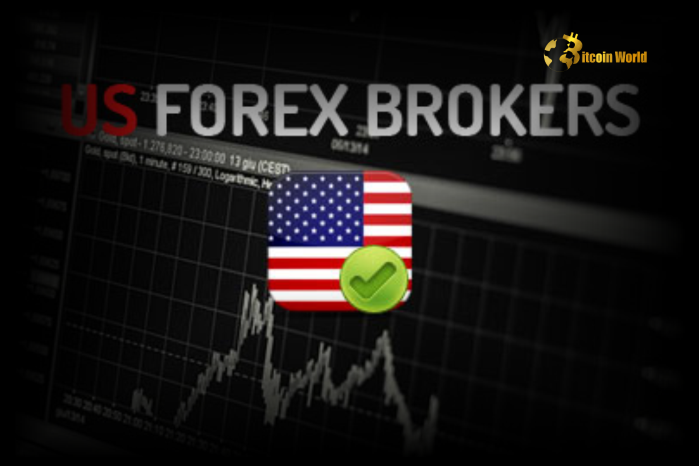Understanding Forex Taxation in the US
Understanding Forex Taxation in the US
Blog Article
How to Get Started with Forex Trading in the US
International trade, or Forex trading, pulls millions of players in the United Claims every year. Their large measurement and liquidity allow it to be one of the very interesting markets globally. Nevertheless, forex in america. has a distinctive and rigid way of regulating Forex activities. If you are seeking to deal currencies or simply want to know the way legal frameworks shape the Forex market, understanding these rules is crucial.

Essential Appropriate Frameworks Surrounding Forex in the US
Forex regulation in the United Claims is distinguishable because of its complete risk regulates and client protections. Two primary government figures oversee most Forex activities:
• Thing Futures Trading Commission (CFTC)
• National Futures Association (NFA)
The CFTC, created in 1974, is tasked with regulating the futures and options markets, international exchange included. The NFA, as a self-regulatory organization, performs strongly with the CFTC to enforce principles and keep equity in trading practices.
Registration and Conformity
Every Forex seller or broker using the services of U.S. citizens should enroll with both the CFTC and NFA. These entities are also required to stick to arduous functional requirements, including:
• Minimal internet capital needs (often more than in other countries)
• Continuous audits
• Solid anti-money laundering (AML) plans
• Translucent chance disclosure
Violations can lead to significant fines or a lasting ban from the market. This regulatory construction aims to prevent scam, defend investors, and enhance market integrity.
Major Constraints on Forex Actions
Foundational defenses influence how Forex operates in the U.S.:
• Power limits: The NFA sets a maximum power of 50:1 for important currency pairs and 20:1 for minors. That is far below many world wide areas, helping protect unskilled traders from substantial losses.
• Segregation of funds: U.S. legislation involves that client resources are kept split up from broker functional funds. That calculate safeguards traders in case a broker becomes insolvent.
• Marketing and disclosure: Firms must obviously explain dangers, costs, and trading elements to clients. Misleading or aggressive solicitation techniques experience strict penalties.
Enforcement and Penalties
U.S. agencies frequently monitor for fraudulent schemes, insider trading, and illicit industry manipulation. Statistical information from enforcement reports reveals a constant pattern of penalties and settlements in recent years, highlighting continuing vigilance. That environment, while stricter than many parts of the world, generates a better enjoying area for retail and institutional traders alike.
What things to Contemplate as a US Forex Trader
Recent styles reveal a continuing rise in regulatory actions, an emphasis on consumer knowledge, and constant improvements to submission requirements. If you intend to deal Forex in the U.S., it's necessary to:
• Verify a broker's active subscription position
• Stay updated with regulatory improvements
• Evaluation risk disclosures before generally making trades
This approach decreases unforeseen failures and improves your prospects in a firmly controlled but strong marketplace. By knowledge appropriate rules, U.S. traders may confidently participate in the Forex market while keeping within the variables of the law.
Report this page